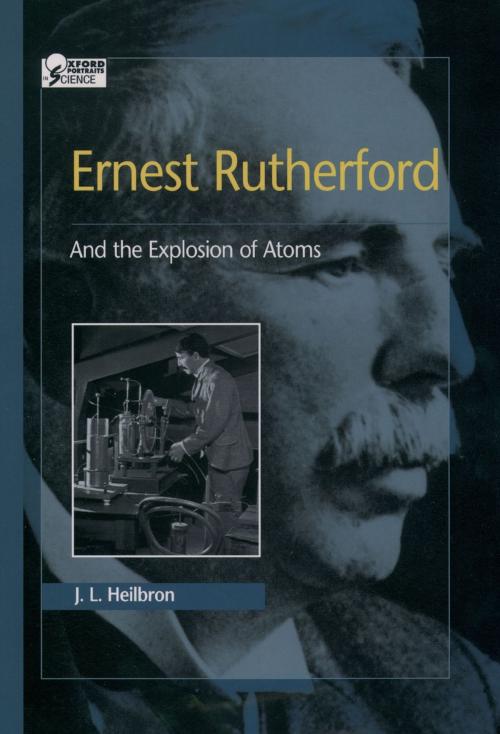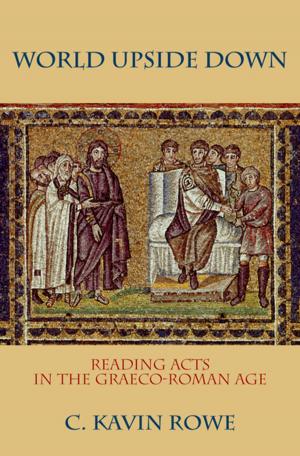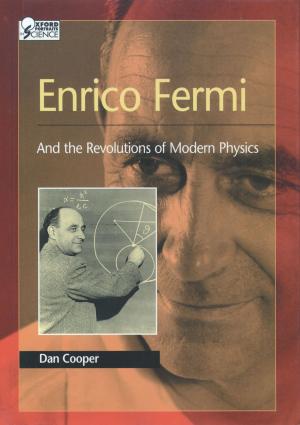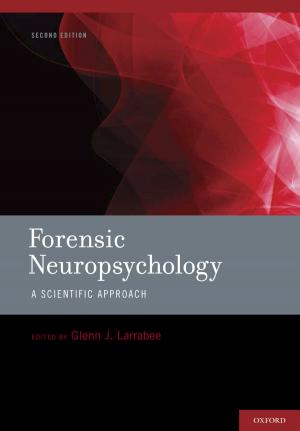Ernest Rutherford
And the Explosion of Atoms
Kids, Natural World, Physics, People and Places, Biography, Non-Fiction, Science and Technology| Author: | J. L. Heilbron | ISBN: | 9780190284190 |
| Publisher: | Oxford University Press | Publication: | June 12, 2003 |
| Imprint: | Oxford University Press | Language: | English |
| Author: | J. L. Heilbron |
| ISBN: | 9780190284190 |
| Publisher: | Oxford University Press |
| Publication: | June 12, 2003 |
| Imprint: | Oxford University Press |
| Language: | English |
An engaging biography that captures the excitement of the early days of nuclear physics, Ernest Rutherford tells the story of the down-to-earth New Zealander who became one of the foremost pioneers of subatomic physics. Rutherford's achievements were numerous and included: * Inventing a detector for electromagnetic waves * Discovering the existence of alpha and beta rays in uranium radiation * Creating (with Frederick Soddy) the "disintegration theory" of radioactivity, which regards radioactive phenomena as atomic -- not molecular -- processes * Demonstrating that the inner structures of elements correspond with a group of lines that characterize them, which could then be assigned an atomic number and, more important, the properties of each element could be defined by this number * And his greatest contribution of all - he discovered that the atom had a nucleus and that it contained the positively charged proton From his early days as a scholarship student to the end of his life as he continued to work in his lab, Ernest Rutherford reveals the life and times of one of the greatest minds of the twentieth century. Oxford Portraits in Science is an on-going series of scientific biographies for young adults. Written by top scholars and writers, each biography examines the personality of its subject as well as the thought process leading to his or her discoveries. These illustrated biographies combine accessible technical information with compelling personal stories to portray the scientists whose work has shaped our understanding of the natural world.
An engaging biography that captures the excitement of the early days of nuclear physics, Ernest Rutherford tells the story of the down-to-earth New Zealander who became one of the foremost pioneers of subatomic physics. Rutherford's achievements were numerous and included: * Inventing a detector for electromagnetic waves * Discovering the existence of alpha and beta rays in uranium radiation * Creating (with Frederick Soddy) the "disintegration theory" of radioactivity, which regards radioactive phenomena as atomic -- not molecular -- processes * Demonstrating that the inner structures of elements correspond with a group of lines that characterize them, which could then be assigned an atomic number and, more important, the properties of each element could be defined by this number * And his greatest contribution of all - he discovered that the atom had a nucleus and that it contained the positively charged proton From his early days as a scholarship student to the end of his life as he continued to work in his lab, Ernest Rutherford reveals the life and times of one of the greatest minds of the twentieth century. Oxford Portraits in Science is an on-going series of scientific biographies for young adults. Written by top scholars and writers, each biography examines the personality of its subject as well as the thought process leading to his or her discoveries. These illustrated biographies combine accessible technical information with compelling personal stories to portray the scientists whose work has shaped our understanding of the natural world.















